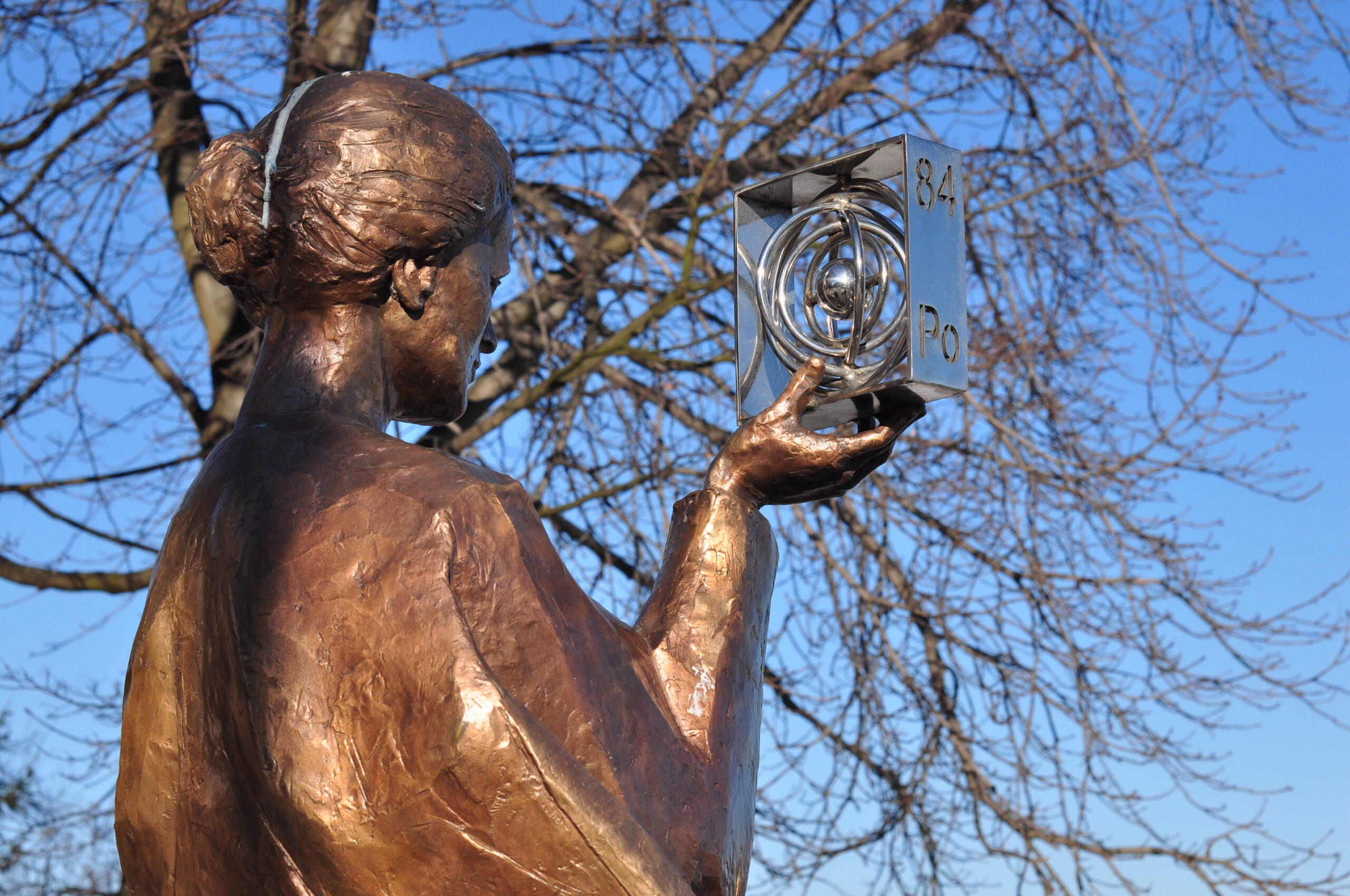
March is a special month to recognize and celebrate the accomplishments of powerful women in history.
This Women’s History Month, let us take the time to commemorate Marie Curie, an inspirational woman who revolutionized our understanding of science, advocated for education equality, and achieved greatness in her life that we can still learn from today.
A two-time Nobel laureate with incredible achievements in radiochemistry, Marie Curie remains an inspiration to millions of people around the world.
Mary Curie’s Education and Early Career
Mary Curie was born in Poland and showed an aptitude for academic merit from a young age.
Notably, she even attended the secretly-operating Flying University in Warsaw while her country remained under Russian control.
“In the late 1800s, Polish scholars initiated a brave underground movement in which courses were taught clandestinely — anything from philosophy or arts to science,” as reported by ZME Science. “Initially, these were very informal, small meetings held in private homes. Because the meetings, first staged in Warsaw, had to be moved from location to location frequently to avoid the watchful eye of the authorities, these meetings became known as ‘Flying’ or ‘Floating’ Universities.”
Despite having limited opportunities, Curie went on to pursue an education in mathematics and physics at the Sorbonne in Paris. There, she met her husband and went into the then-new study of x-rays.
Marie Curie’s Contributions to Science
Marie Curie was a pioneering scientist known for her incredible accomplishments in the fields of physics and chemistry.
In 1903 she was the first woman to ever be awarded a Nobel Prize in Physics jointly with Becquerel and Pierre Curie for their discoveries relating to radioactive substances. Additionally, Marie Curie also earned a second Nobel Prize — this time for Chemistry — in 1911 for her discovery of polonium and radium.
She was also the first female professor at one of the top universities in France.
“On May 13, 1906, she was appointed to the professorship that had been left vacant on her husband’s death; she was the first woman to teach in the Sorbonne,” according to Britannica. “In 1908 she became titular professor, and in 1910 her fundamental treatise on radioactivity was published.”
Overall, her work laid foundations for researchers to build on in their study of radioactivity, including the development of radiotherapy and other revolutionary treatments related to cancer. Her lifelong quest for scientific knowledge also expanded our understanding in many areas beyond radioactivity, from nuclear structure and composition to defining mechanical energies.
Her dedication has made an indelible mark on science, making her absolutely essential to our collective history.
Marie Curie’s Awards, Recognition, and Legacy
Marie Curie is perhaps one of the most prominent historical figures in the field of science. Holding several accomplishments to her name, she has been awarded some notable honors throughout her life aside from just the Nobel Prizes.
“The importance of Mme. Curie’s work is reflected in the numerous awards bestowed on her. She received many honorary science, medicine and law degrees and honorary memberships of learned societies throughout the world,” the Nobel Prize confirms.
Put simply, Marie Curie was a person of incredible drive and ambition. Despite the hardships of her time, her sheer determination to make a difference helped her succeed and propelled her to be one of the first people to receive more than one Nobel prize.
She is remembered today as an inspirational leader who overcame daunting obstacles to pursue scientific studies, from which generations of women — and humanity overall — have benefited immensely.
Her lasting legacy serves as a reminder of how much we can achieve with unwavering willpower and dedication. Thus, we couldn’t help but focus on her as we observe Women’s History Month.


